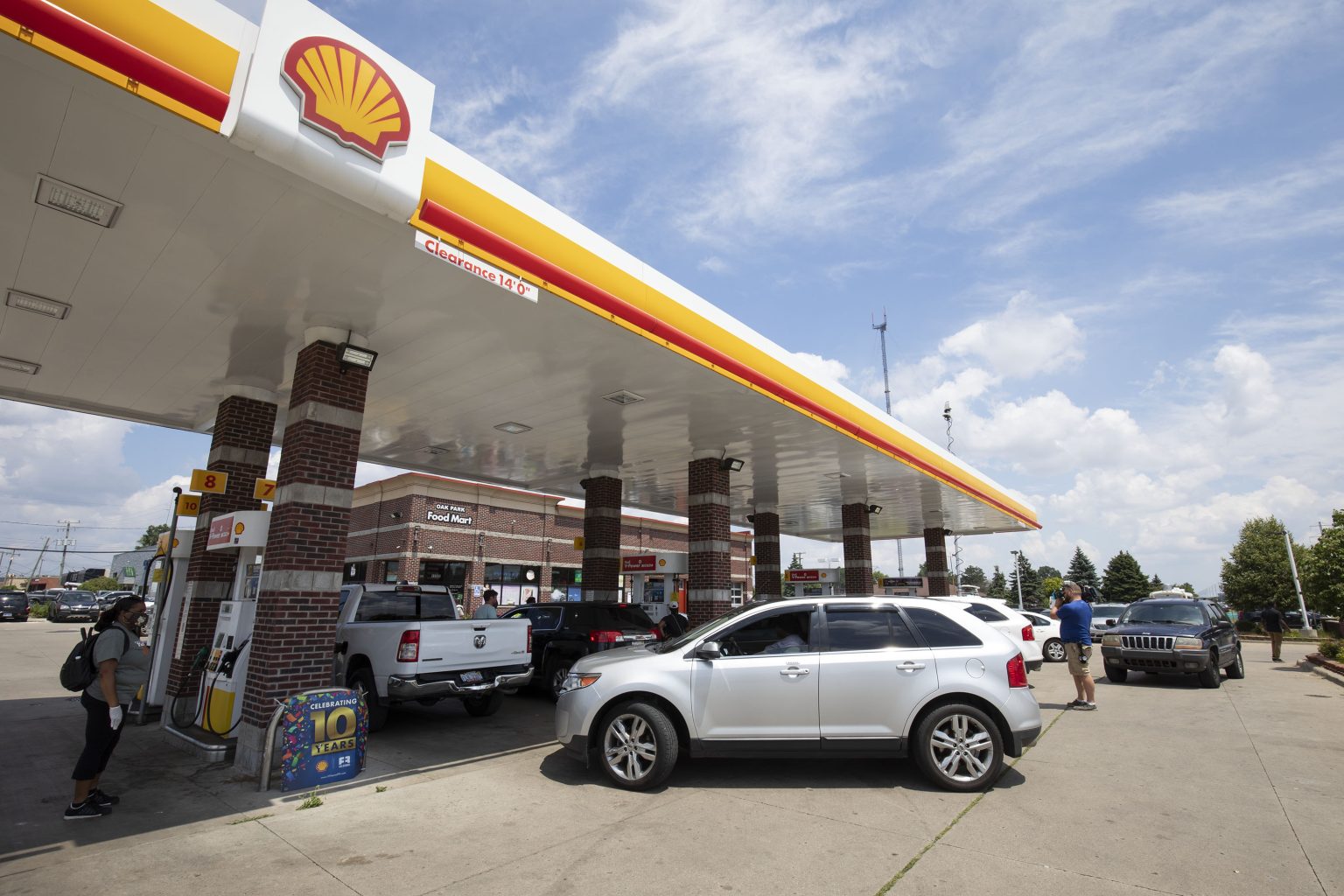Due to high levels of ozone in several states, drivers have been advised to avoid refueling their cars during the day to prevent worsening air quality. The National Weather Service issued advisories for areas in California, Indiana, Ohio, and Michigan, urging residents to delay trips to the gas station until the evening. Ground-level ozone is a harmful pollutant that forms when pollutants from vehicles, industrial facilities, and other sources react in the presence of sunlight, particularly on hot, sunny days. High ozone levels can lead to poor air quality, which is especially dangerous for sensitive groups such as children, older adults, and individuals with respiratory conditions like asthma.
According to the NWS, drivers in certain parts of California, particularly in Los Angeles County and Imperial County near the border with Mexico, should avoid refueling their cars until after 8 p.m. Similar advisories have been issued for southeastern areas of Indiana, including Indianapolis, downtown Columbus in Ohio, and parts of southeastern Michigan, including Detroit. In addition to avoiding refueling during the day, residents in these areas are also encouraged to limit the use of gasoline-powered lawn and garden equipment, conserve electricity, set air conditioners at higher temperatures, and delay the use of household chemicals until the evening to help reduce air pollution levels.
The NWS emphasized the importance of being mindful of air quality levels in various regions and provided a website where individuals can input their ZIP codes to access real-time air quality information. High ozone levels typically occur during hot summer weather and can lead to respiratory health problems such as difficulty breathing, asthma attacks, and lung damage. Steven Brown, a program leader for the Chemical Science Laboratory’s Tropospheric Chemistry program at the National Oceanic and Atmospheric Administration, highlighted the complexity of ozone and its sources, noting that hot summer weather plays a significant role in creating conditions conducive to ozone formation.
In response to the advisories, residents are encouraged to walk, bike, carpool, or use public transportation whenever possible to reduce emissions and improve air quality. Combining errands to save multiple trips can also help minimize pollution levels in affected areas. The NWS advised people to be proactive in addressing air quality concerns by following the recommendations to delay trips to the gas station, limit the use of gas-powered equipment, conserve energy, and make efforts to reduce pollution from household activities. By taking these actions, individuals can contribute to maintaining healthier air quality levels and mitigating the risks associated with high ozone concentrations.
As temperatures rise during the summer months, several states across the country are facing challenges related to air quality, with rising ozone levels posing risks to public health. Drivers and residents are urged to stay informed about air quality advisories in their respective areas and take necessary precautions to minimize exposure to harmful pollutants. By following the guidance provided by the National Weather Service and other agencies, individuals can help protect themselves and vulnerable populations from the adverse effects of poor air quality. It is important for communities to work together to address air pollution concerns and promote sustainable practices to improve overall air quality and public health.








